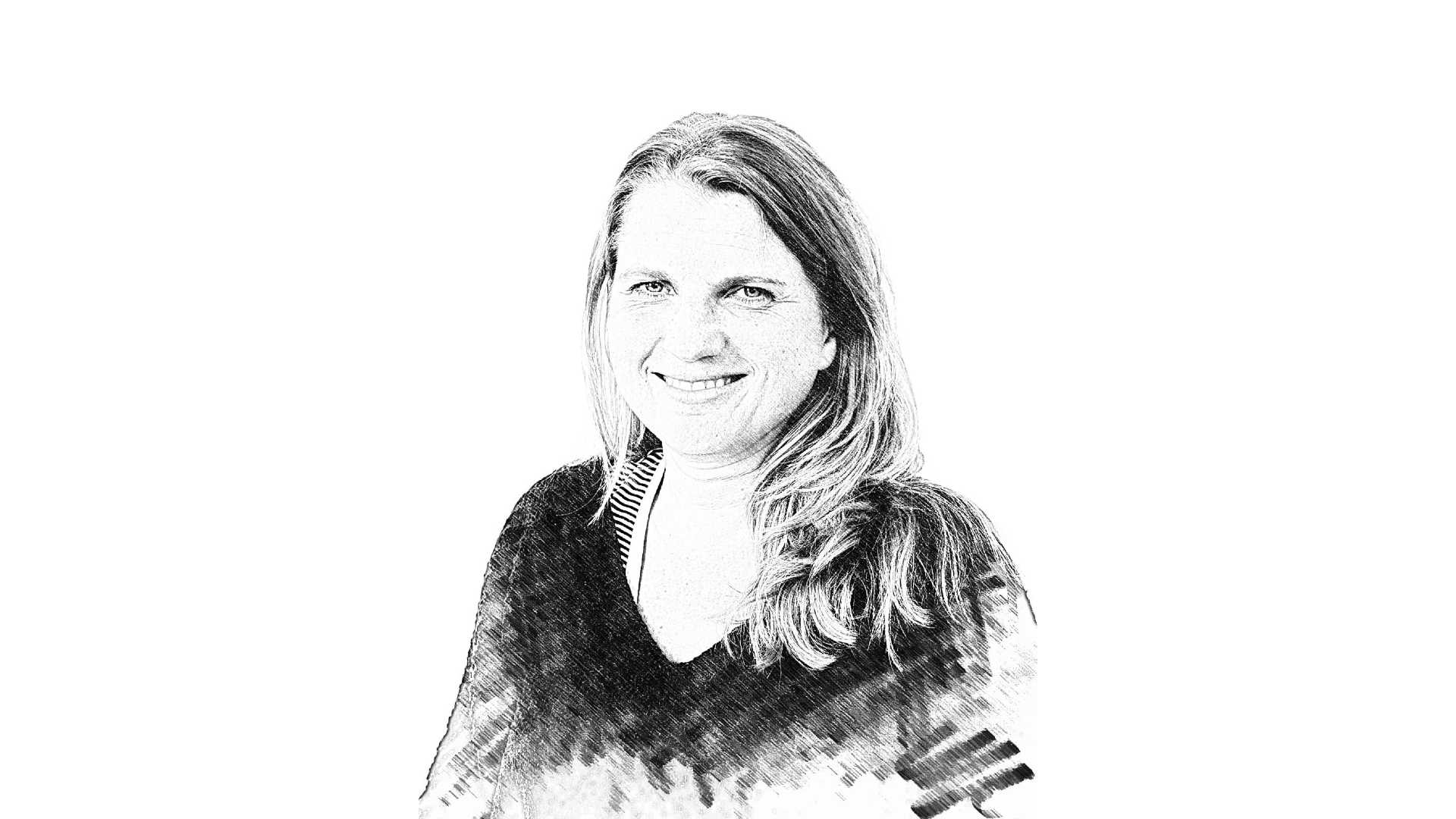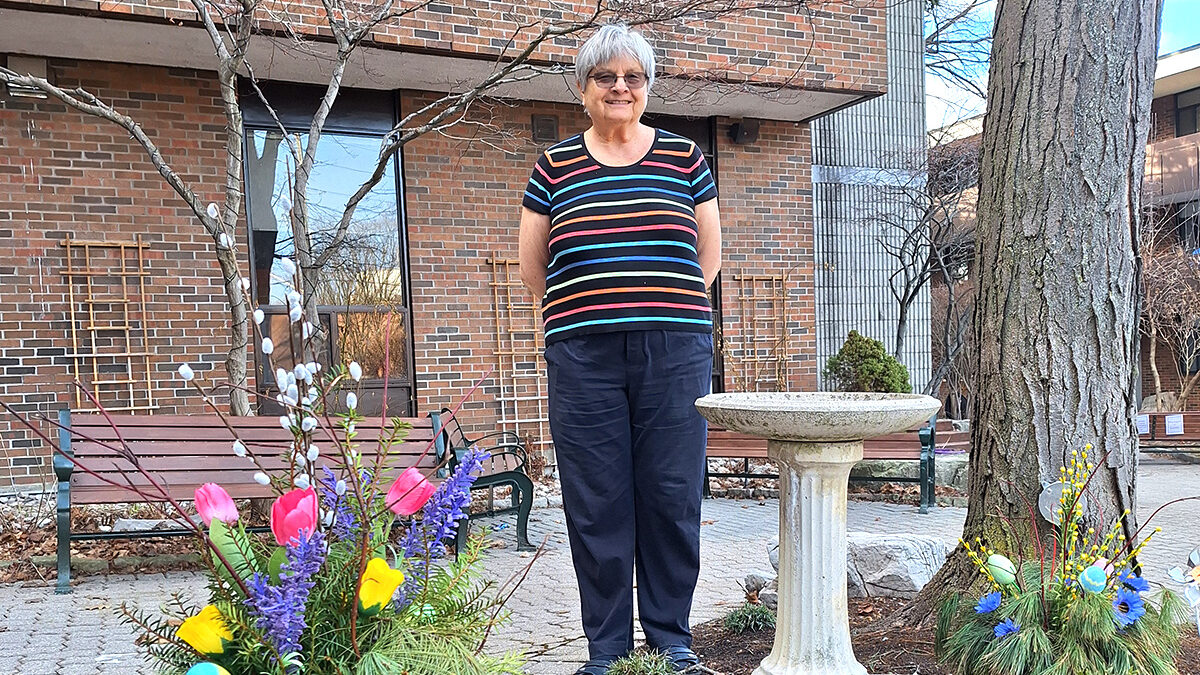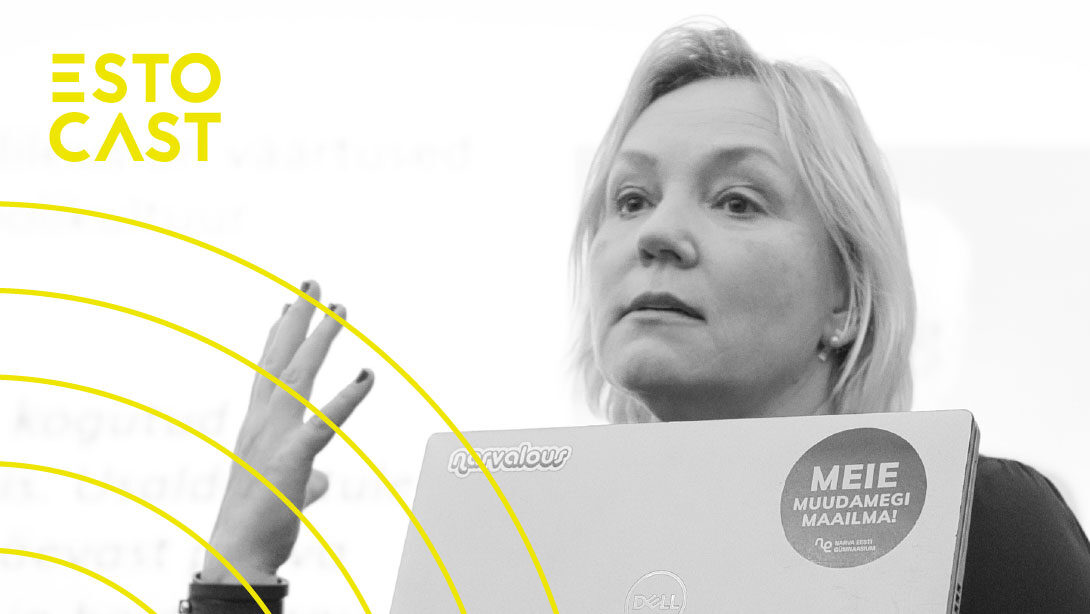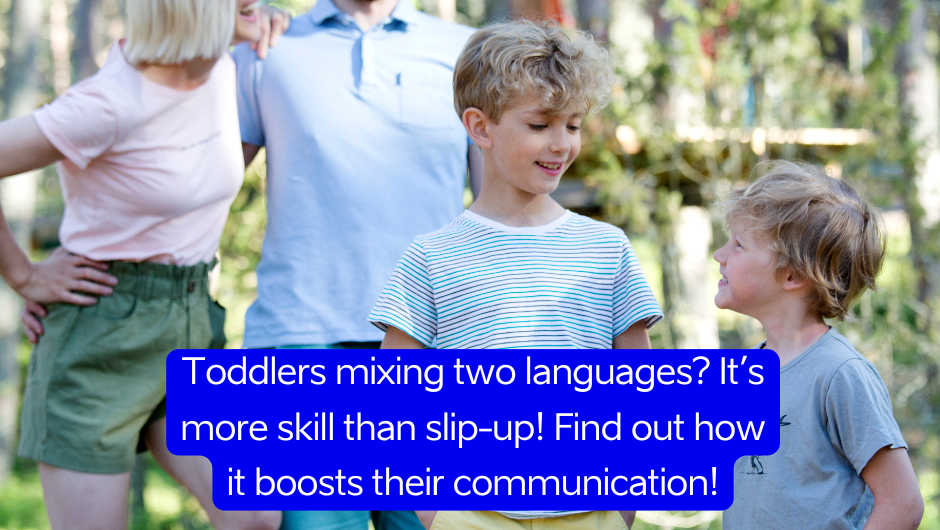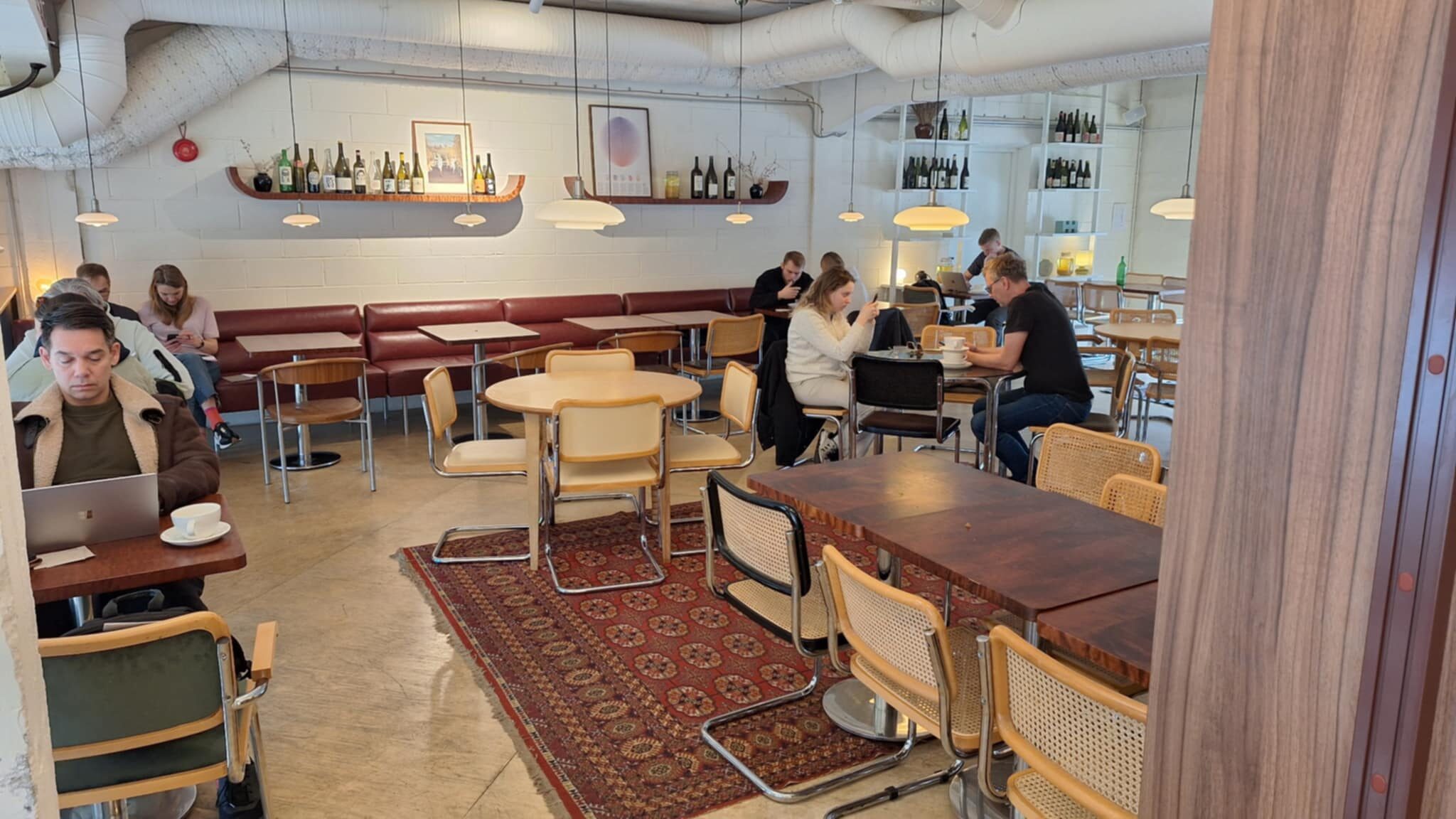It’s everywhere, but linked to a one particular way and system of doing it.
Everyone has an opinion about it, everyone has taken part in it, everyone contributes to it, but only a few have the privilege to study it.
Can you guess what I’m speaking about?
The answer is education. I’m a strong believer in lifelong learning, and so, it brings me great pleasure to be writing this new monthly column for Eesti Elu. All centred around the topic of education. When the COVID-19 pandemic hit, I started an Education Doctorate (EdD) at the Ontario Institute for Studies in Education (OISE) at the University of Toronto. Many people, including my husband, asked me “why?” Why would I need another degree in a field that I have not studied before, if I’m not a teacher?
Why study education research? An education doctorate is not a higher qualification for the profession of teaching, but rather, a field of social studies that, on one hand, deals with the challenges of the present school. There is a consensus that schools should not be factories into which people are forced in cohorts based solely on age and with the sole aim to produce workers to fulfill the needs of the economy. Instead, schools should take into account all the different talents, skills, needs, and backgrounds of individuals, and offer them learning paths that suit their interests. How to develop educational institutions in this direction is a continuing challenge and requires research to make evidence-based decisions.
On the other hand, education research tries to find solutions to present and future societal and global challenges. It analyzes what kinds of skills, competencies, and values our education policy and schooling system promote and what would be needed for a positive future. There is a wide range of values chosen for education around the world. In some contexts, a lot of emphasis is put into the equalizing aspect of schooling. In small countries like Finland and Estonia, building a strong public schooling system has served the aim of raising people with a strong national identity and as every person of a small nation is considered valuable, schools aim to leave no one behind.
Currently, I’m studying in the International Education Leadership and Policy program, which analyzes how education policy is formulated and what effects it has. Learning from the “best practices” around the world has become a popular mantra among policymakers, but has its downsides. International comparisons, like the PISA test administered by OECD, provide interesting information and rankings on “the best education models.” However, the importance of testing and ranking has started to fade as researchers are questioning what these tests actually measure and how much completely different contexts can actually learn from each other.
I went to school in Finland long before anyone considered the Finnish education system to be anything special. Succeeding in the first PISA test in 2000 took Finns by surprise. Now Estonia is at the top of the list, and no one can say for sure where this success is derived from, but there are many guesses: from the autonomy and quality of teachers and the quality of early childhood education, to the culture of valuing education and a homogenous population to name a few.
What is certain, however, is that education is something countries need to develop themselves, in a direction they want their societies to grow. Contexts are different, thus educational debates are different: in Estonia the current big debate is around the future of Russian-language education, as the last PISA tests showed lower results among the students in Russian-language schools. In Finland, the most heated debates are around how to guarantee equality of opportunity in a society that is becoming more heterogeneous. In Ontario, the political debates focus more on funding and privatization of education. In my future columns, I plan to dig a bit deeper into some challenges that are common to the contexts I know best: Estonia and Finland.
However, there are also common challenges that we are all facing together. That is where my own research interest lies. I've previously worked in the field of development cooperation and global education. Thus, I am interested in how different education systems promote sustainability and raise responsible global citizens who see their role in changing the world into a more sustainable and just place for all. In my research for the International Education Leadership and Policy program, I'm looking at how UNESCO is promoting Media and Information Literacy (MIL) around the world: what challenges—related to our media-saturated world—schools are currently struggling with, be it data privacy, commercialization, disinformation (e.g. conspiracy theories), and how expert materials and pedagogies can support schools in tackling these challenges in a way that supports democracy, sustainability, and justice.
Nelson Mandela once said: “education is the best weapon to change the world”, and it is mainly due to this same belief that I went back to university again. I believe that change is needed and possible, but it will take time – as well as critical and constructive education research.
Join me as we delve into this research, as well as practical advice for navigating the educational world.
